Bring you own device: the $600 question
Inside the enterprise: A recent Cisco report claims bring your own device is gaining support from IT departments. But how much are staff willing to invest in personal technology?
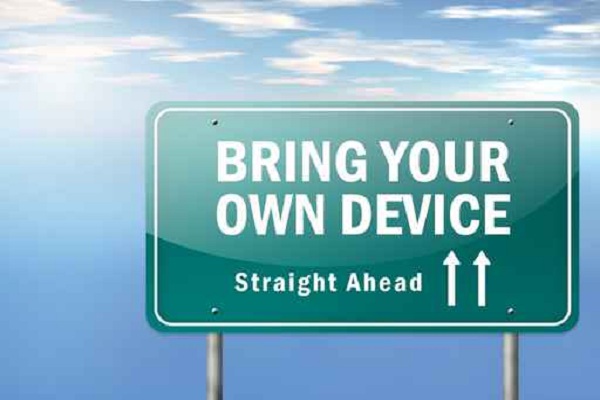
A study by networking vendor Cisco Systems suggests that 95 per cent of US companies have some form of support in place for staff who want to use their own technology at work.
This development has been welcomed by IT departments, with 76 per cent of IT directors citing benefits for their businesses.
To an extent IT is just bowing to the inevitable. Cisco's statistics suggest that knowledge workers will have an average of 3.3 devices each in 2014, up from 2.8 now.
And, increasingly, employees are using personal technology to make them more mobile, with smartphones and tablets high on the list of purchases.
So far, this will surprise few IT professionals. Cisco is just one of a number of vendors promoting management solutions for BYOD.
But, perhaps, the most interesting finding from the research is the sum employees are willing to invest in their own technology: Cisco puts this at US$600 (377).
This is not, as some IT sites wrongly reported, what Cisco charges its staff for BYOD. That would be a management own goal worthy of David Brent.
Get the ITPro daily newsletter
Sign up today and you will receive a free copy of our Future Focus 2025 report - the leading guidance on AI, cybersecurity and other IT challenges as per 700+ senior executives
Even in Europe's less competitive IT market, a spend of $600 seems rather low. That might be because Cisco employees have a preference for Android tablets or are simply good at hunting out technology bargains.
It is also likely that employees' personal spending on devices will increase, as higher-specification tablets and phones come to market, and as BYOD extends to laptops.
The experience of companies that allow users to bring their own laptops suggests that staff tend to substitute the bog-standard corporate PC with a premium one, such as a MacBook Air or a Wintel ultrabook.
One of the reasons staff and IT managers like BYOD is because it boosts the organisation's IT capabilities, without incurring direct cash expenses.
Although, there are other expenses to consider. Cisco believes that mobility projects will take up 20 per cent of IT budgets by 2014. Supporting BYOD also increases IT costs, especially in areas such as security and desktop virtualisation.
Unfortunately, Cisco's report stops short of quantifying these additional costs, even though there will be projects firms will want to carry out for other reasons than supporting personal devices.
And the prize productivity gains of between $300 to $1,300 per person should make those investments worthwhile.
But companies should not go down the BYOD path without making a business case for it first.
Employees might want to bring devices to work anyway. But that does not mean IT cannot, or should not, provide some advice about the best devices and the best way to use them.
Stephen Pritchard is a contributing editor at IT Pro.
-
 Bigger salaries, more burnout: Is the CISO role in crisis?
Bigger salaries, more burnout: Is the CISO role in crisis?In-depth CISOs are more stressed than ever before – but why is this and what can be done?
By Kate O'Flaherty Published
-
 Cheap cyber crime kits can be bought on the dark web for less than $25
Cheap cyber crime kits can be bought on the dark web for less than $25News Research from NordVPN shows phishing kits are now widely available on the dark web and via messaging apps like Telegram, and are often selling for less than $25.
By Emma Woollacott Published
-
 IDC: The business value of IBM Maximo
IDC: The business value of IBM MaximoWhitepaper Integral to the transformation of asset management
By ITPro Published
-
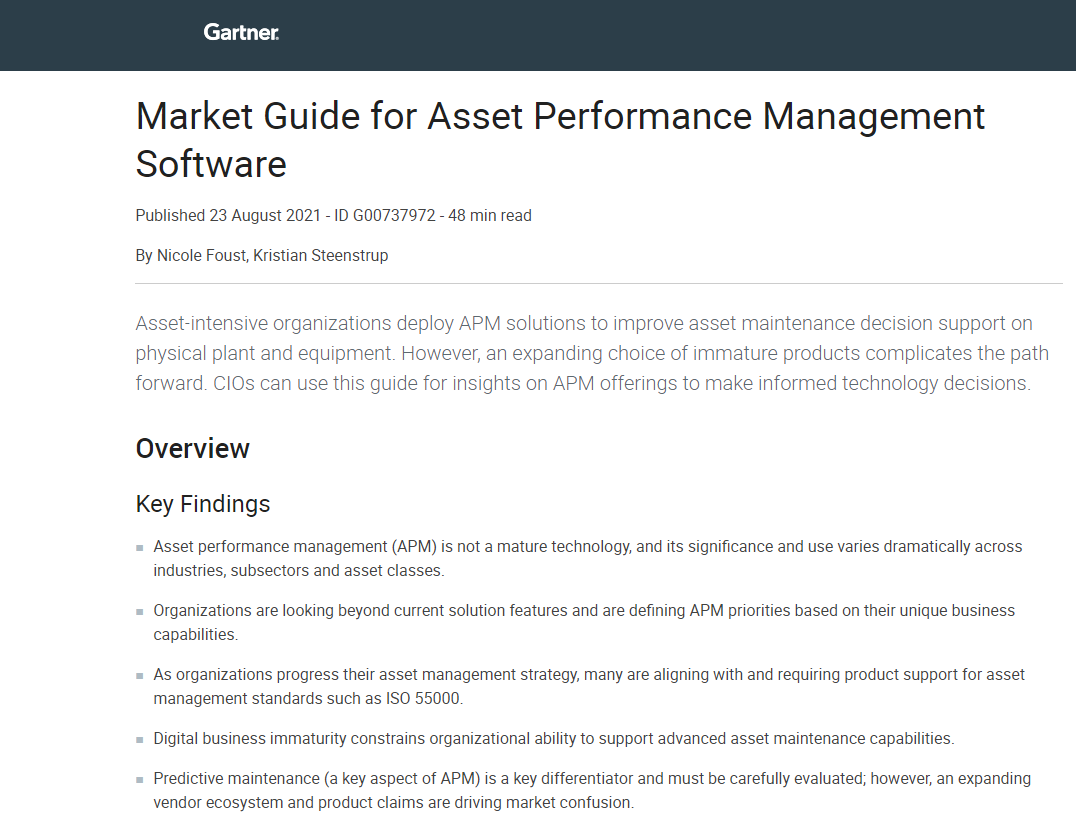 How to choose APM software for your business
How to choose APM software for your businessWhitepaper A market guide to Asset Management Performance software
By ITPro Published
-
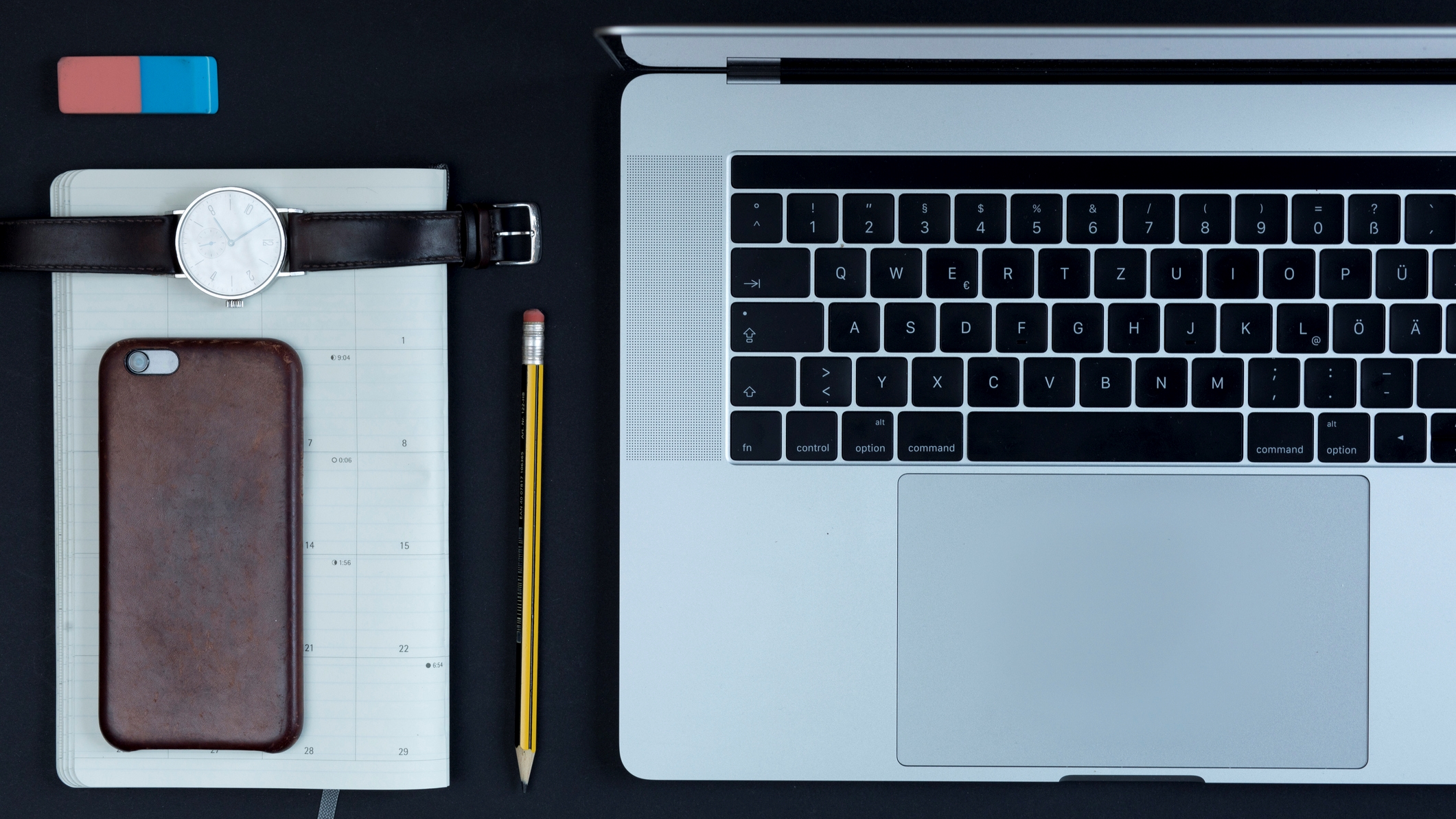 Rebooting your BYOD strategy
Rebooting your BYOD strategyIn-depth With hybrid working becoming the norm, there's a need for a device management overhaul. What does BYOD 2.0 look like?
By Kate O'Flaherty Published
-
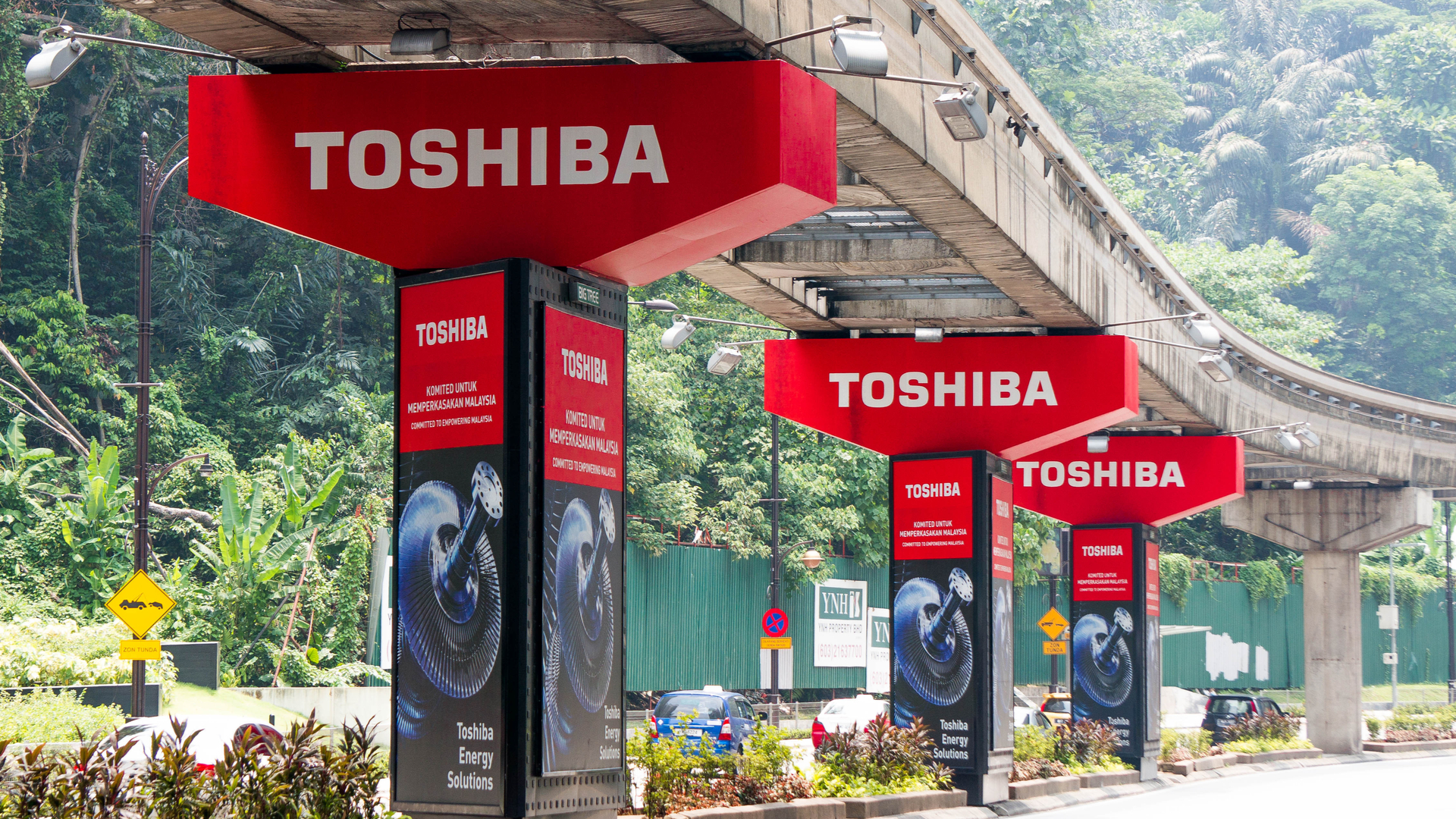 Scandal-hit Toshiba to split into three companies
Scandal-hit Toshiba to split into three companiesNews The troubled Japanese giant aims to create more value for investors with "attractive" business separation
By Bobby Hellard Published
-
 Tektronix updates its asset management software
Tektronix updates its asset management softwareNews CalWeb gains four new capabilities surrounding test and measurement equipment calibration
By Praharsha Anand Published
-
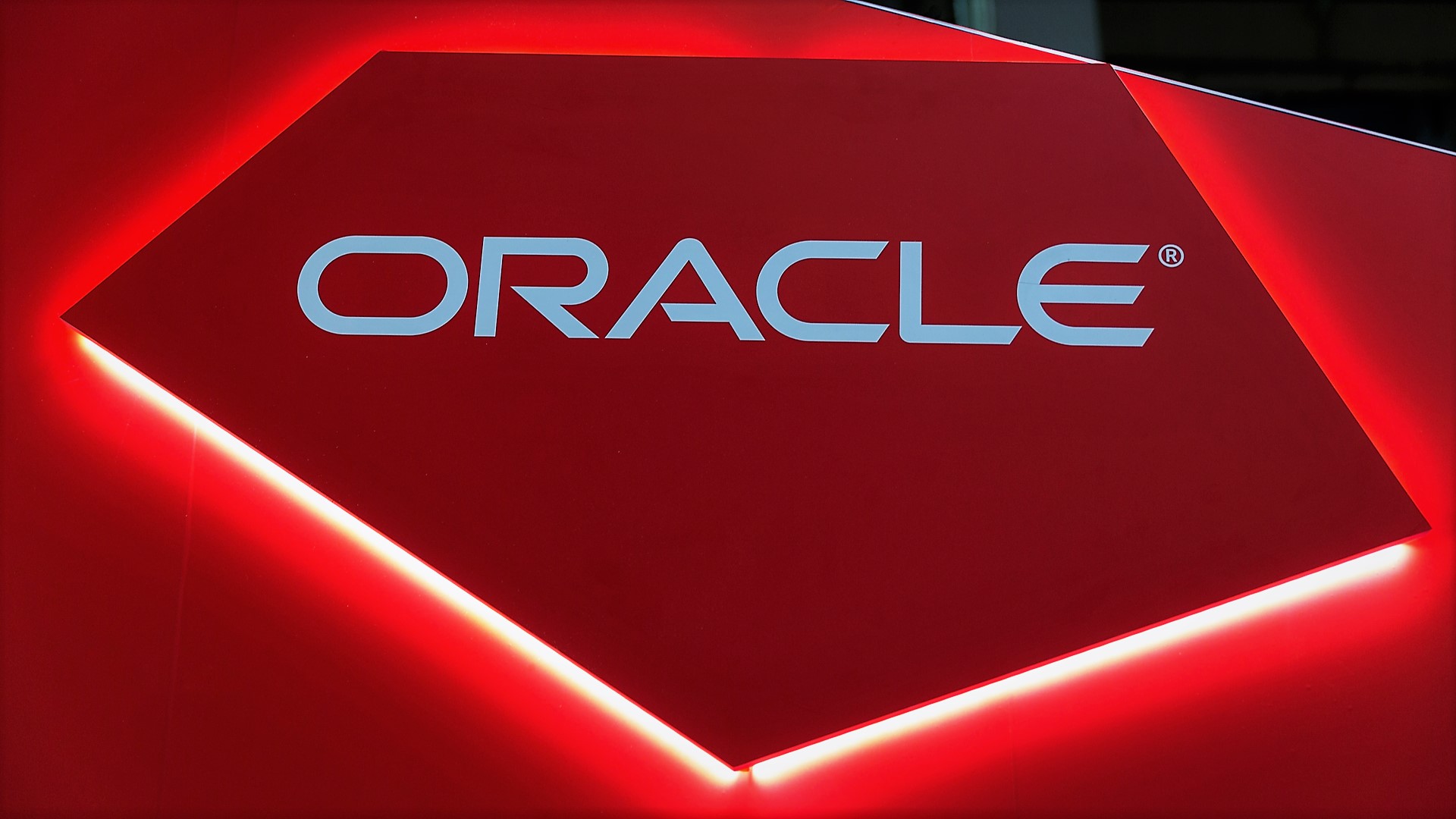 Oracle Utilities partners with Veracity and Triniti to streamline utilities’ digital transformation
Oracle Utilities partners with Veracity and Triniti to streamline utilities’ digital transformationNews The trio will join forces to enhance utilities’ critical infrastructure and processes
By Praharsha Anand Published
-
 The definitive guide to warehouse efficiency
The definitive guide to warehouse efficiencyWhitepaper Get your free guide to creating efficiencies in the warehouse
By ITPro Published
-
 Atera raises $77 million for its all-in-one SaaS
Atera raises $77 million for its all-in-one SaaSNews RMM by Atera helps MSPs monitor and manage remote IT networks with ease
By Praharsha Anand Published